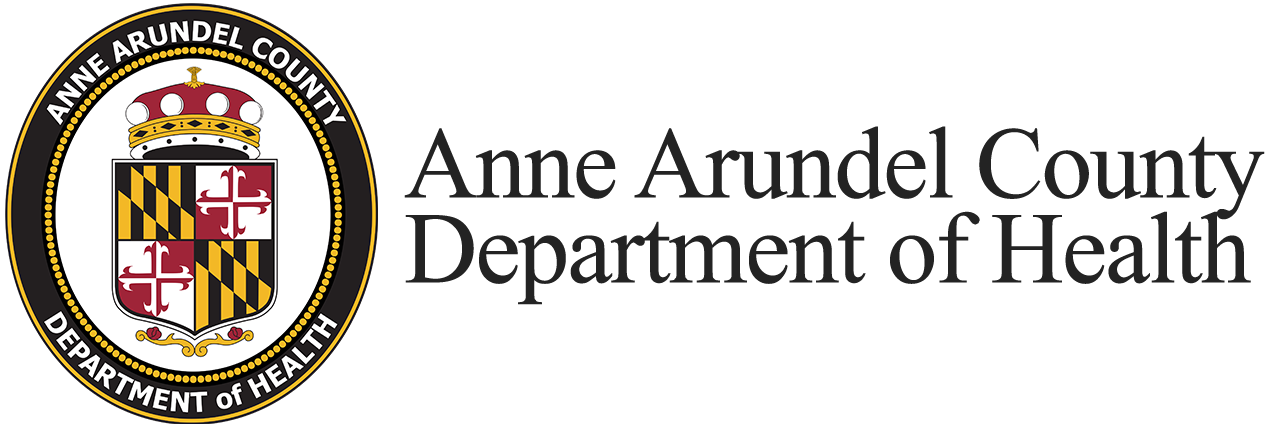Asthma is treated with medicine to help you breathe easier.
Controller medicines
- Prevent asthma symptoms by reducing the swelling in your airways.
- Important to take every day, even if feeling okay.
- Can take a few weeks to work.
Quick relief (rescue) medicines
- Relieves asthma symptoms by relaxing the muscles and opening your airway.
- Important to take when symptoms first appear (i.e., cough) or before encountering a known trigger (exercise).
- Works fast, but only lasts a few hours.
Asthma that is not well controlled can lead to:
- Unexpected missed school or work
- Difficulty exercising and sleeping
- Emergency room or urgent care visits
- In extreme cases, death
Ways to take charge of your asthma:
- Consult your child’s asthma action plan provided by your provider. Keep a copy at home, at school and wherever your child spends a lot of time. If you do not have an asthma action plan, please talk with your provider.
- Take your medication as directed in your asthma action plan.
- Know the early signs of worsening asthma, including a drop in peak flow meter reading
- Always use a spacer when using a metered dose inhaler (MDI)
- Maximize inhaler technique. Show your doctor how you use your inhaler and ask for feedback.
- Keep relief medication close by at all times.
- Inform all adults caring for your child (i.e. teachers, grandparents) that your child has asthma and review ways to avoid triggers, warning signs and medication plan.
- Avoid exposure to triggers that can cause an asthma flare up/ asthma attack. Common trigger include:
- Smoke, including incense/candles, vaping, marijuana and tobacco (Quit Smoking and Vaping Resources)
- Dust mites
- Pets with fur or feathers
- Strong smells - such as perfume, nail polish, air fresheners, cleaning products
- Air pollution - Check air quality index
- Mold
- Weather - cold air, season changes, humidity, pollen
- Pests, such as cockroaches and mice
- Colds and flu
- Strong emotions
- Exercise
- See your doctor regularly (every 3–4 months) – and always within a few days if they have been to an emergency room, urgent care or hospitalized.
Asthma is common and unfortunately can be easy to underestimate the severity of symptoms. Reminder that asthma that is not well controlled can be dangerous, sometimes fatal.
To help determine if your asthma is well controlled, consider the Rules of Two®. Do you:
- have asthma symptoms or take a quick-relief inhaler more than two times a week?
- awaken at night with asthma symptoms more than two times per month?
- refill a quick-relief inhaler more than two times per year?
- measure peak flow at less than two times 10 (20%) from baseline with asthma symptoms?
- take an oral corticosteroid (such as prednisone) more than two times per year to treat asthma flares?
If you answer YES to any of these questions, your asthma may not be well controlled. Please contact your provider to discuss ways to better manage your asthma.
Rules of Two® is a federally registered trademark of Baylor Health Care System.
Home Visits and Case Management
The Department of Health offers free home visits for those who qualify.
Eligible for our free home visiting program if your child:
- has moderate or severe asthma
- is under 19 years old
- lives in Anne Arundel County
- gets Medicaid/MCHP or qualifies for Medicaid/MCHP
To refer a child call 410-222-7003, email asthmaandlead@aacounty.org, or fax a referral form to 410-222-7144.

